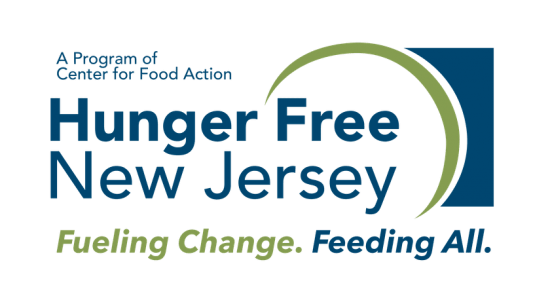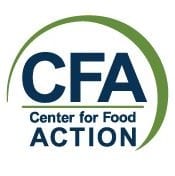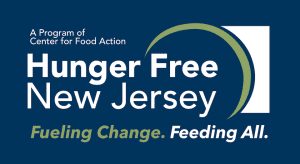Legislative Solutions
Advancing Legislative Solutions to Hunger
Hunger Free New Jersey works to advance broad solutions to hunger, primarily focused on making it easier for struggling residents to receive food assistance and to have access to healthy food. In 2021, these overarching goals will be pursued through a variety of measures. Following is a brief description of our 2021 legislative priorities.


SNAP reaches only about 70 percent of eligible individuals, leaving many who could benefit unserved. The state must expand SNAP outreach efforts. Currently, a combination of state and federal funds pay for outreach in only 13 of New Jersey’s 21 counties. Even in counties where contracted agencies conduct outreach, the staff and resources are severely limited. The state Legislature should allocate state funds to pay for adequate outreach. This outreach should focus specifically on underserved communities, including older adults, college students, immigrants and the newly unemployed.
The Legislature should require the Secretary of Higher Education to create and implement a statewide outreach campaign aimed at educating college students about their SNAP eligibility and the application process. This should be done in partnership with the New Jersey Department of Human Services, the New Jersey Council of County Colleges and institutions of higher education.
Only about one-third of roughly 400,000 New Jersey students approved to receive free school meals were also receiving SNAP in 2019. Many of these 272,000 school-age children are living in families that would most likely qualify for this critical nutrition aid.
Currently, there is no mechanism in place to identify and enroll these families in SNAP. Doing so would greatly reduce hunger in New Jersey, while bringing millions more dollars in federal aid back into the state to fight hunger.
To address this issue, the Legislature should:
- Mandate a pilot program in at least five school districts to develop an effective process to identify and enroll these families. This would require a cooperative effort, including data sharing, among the New Jersey Departments of Education, Human Services and Agriculture and New Jersey school districts. This would also require an increase in funding for state-supported SNAP outreach to reach these low-income families.
- Require school districts to provide information about SNAP, along with school meal applications. The legislation should also require school districts to disseminate this information in a variety of ways, including letters, e-mail, social media, texts and robocalls.
The COVID pandemic has exposed the lack of responsiveness to clients’ issues and concerns that often prevent them from getting the food assistance they need. A central call center that can assist people who are having difficulty applying for SNAP or experiencing other issues would improve the state’s ability to reach all those in need with this critical assistance.
In 2019, New Jersey initiated a small pilot to double the value of SNAP dollars for fresh fruits and vegetables purchased at certain retailers. This small program enabled some SNAP recipients to afford healthier food. New Jersey should expand this effort by allocating $50,000 to provide this benefit to more New Jersey residents.


